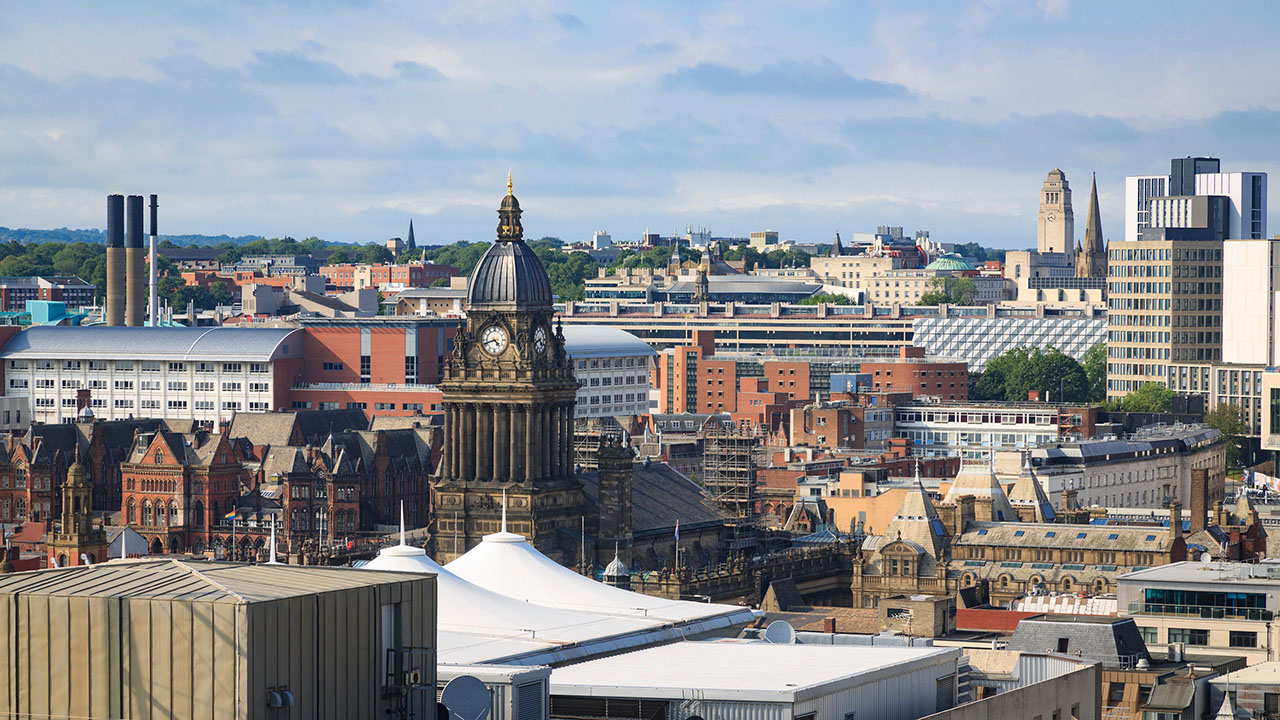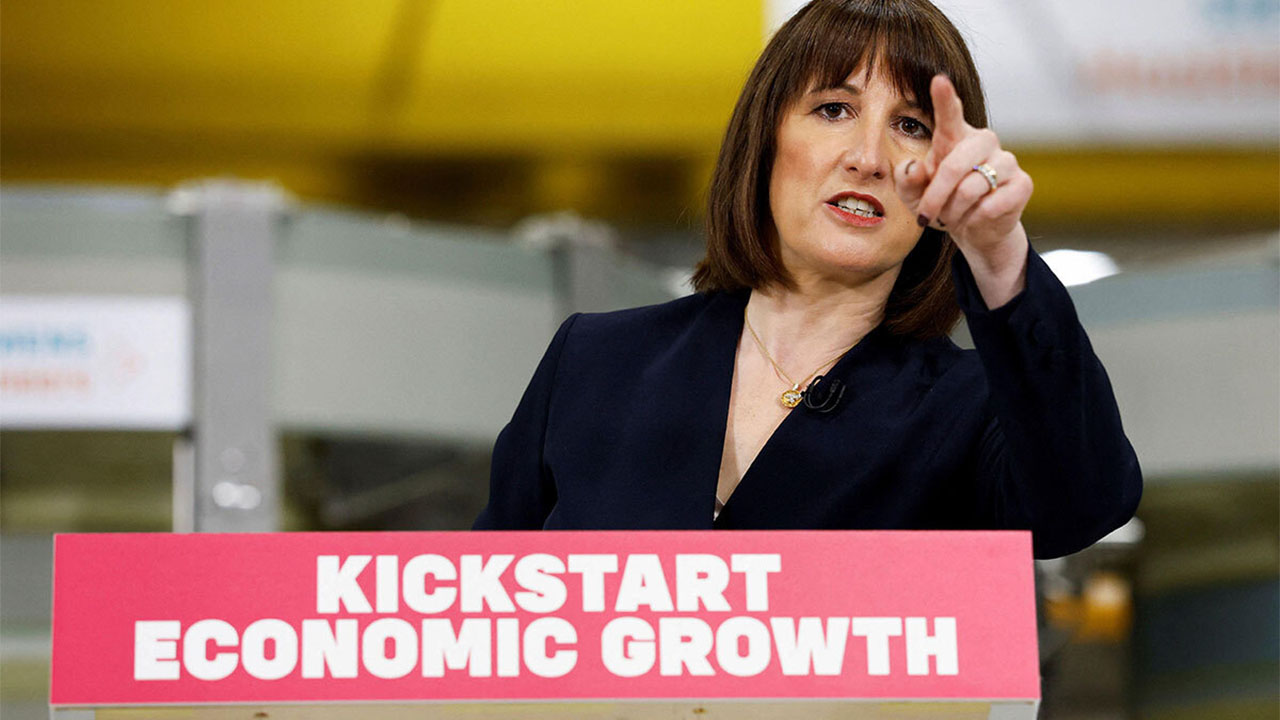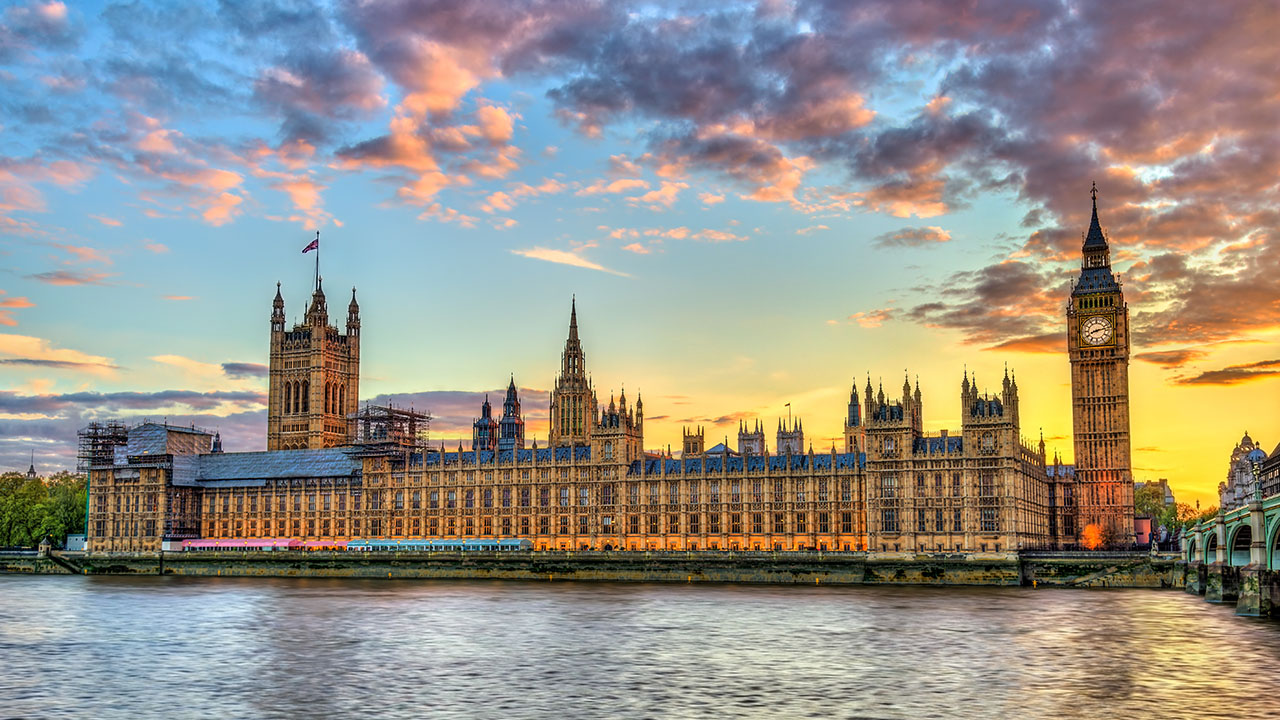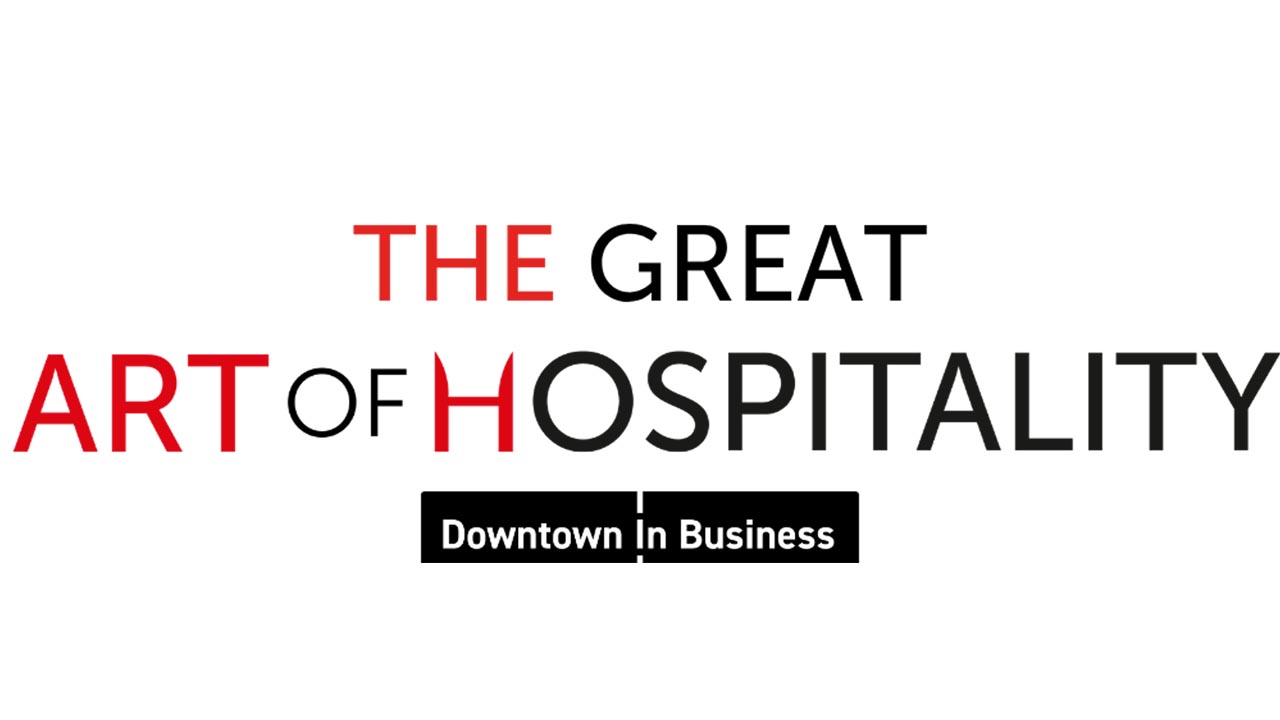According to the latest data from Avison Young, the economic outlook for Leeds looks promising for 2022, with the city continuing to recover well from the aftereffects of Covid-19.
The city’s GVA is expected to grow by 6% this year, a stark increase compared to the 2.3% pre-Covid average. This growth is expected to be driven by the accommodation, food, arts and entertainment sectors: areas of the economy that were most affected during the pandemic.
Employment prospects are also promising, with the city expected to create 11,700 new roles this year, over 5,200 of which are expected to be office based.
The office market saw strong levels of demand from financial, professional and business services firms in 2021, and Avison Young expects to see a continued evolution of tenant demand over the course of the year, with more requirements for fitted and serviced space in the city. While supply of Grade A space is relatively low, there has been an increase in city centre vacancy, rising to 7.9% from 5.1% at the beginning of 2021. This is largely due to the trend in downsizing office space for higher quality, more sustainable places to work that prioritise the health and wellbeing of staff.
The city’s retail sector continues to attract high-quality tenants, with new store openings including JYSK, Boodles and Sky to come over the year. Zone A rates fell just 2.5% during the course of 2021, and this rate decrease is likely to slow down as the year continues.
Although Leeds has no new major hotel proposals in the pipeline for 2022 so far, it presents a positive development opportunity for a city which has a significant amount of older stock. During the course of the year, there are likely to be a number of investment opportunities which will lead to repurposing and upgrading of trading assets.
Last year saw a bumper year for the Yorkshire industrial market, with a staggering 6.5 million sq ft transacted across the region, with the transport and storage sector now expected to reach its strongest point since 2011, forecasted to grow by 9.2% over the course of the year. However, supply for quality industrial space in the region is much lower than other areas of the UK, a shortage that could be difficult to navigate as levels of demand continue to soar.
This demand for space, coming from production as well as distribution – including data centres, film studios and EV manufacturers – will continue to increase land values and create multiple opportunities for repurposing out-of-town office space and likewise for consented residential schemes that could be changed to industrial as they command higher value.
The residential sector is also expected to perform well in 2022. Although slightly lower than the wider UK average, growth in the region was strong in 2021 and exceeded the 3.5% average growth from 2017-19. The market will be supported by the strong levels of new employment opportunities in Leeds, as well as high student retention from the city’s five universities.
Chris Cheap, managing director UK regions at Avison Young, said: “Like many other places in the UK, it’s been a challenging year for Leeds and the decision at the end of the year to cancel the Leeds leg of HS2 and the subsequent downgrading of the Northern Powerhouse line was a blow. However, many consider east-west connectivity to be more important to the city and it will be interesting to see how those conversations and plans evolve throughout the year.
“There is a lot to be excited about for Leeds in 2022 though, including the migration of Channel 4 into the city, which has created a lot of opportunities, not least with the creation of hundreds of new jobs. It is these types of high-profile occupiers that will help establish Leeds as a hub of talent that can contend with the likes of Manchester and London and drive business demand across multiple sectors.”









